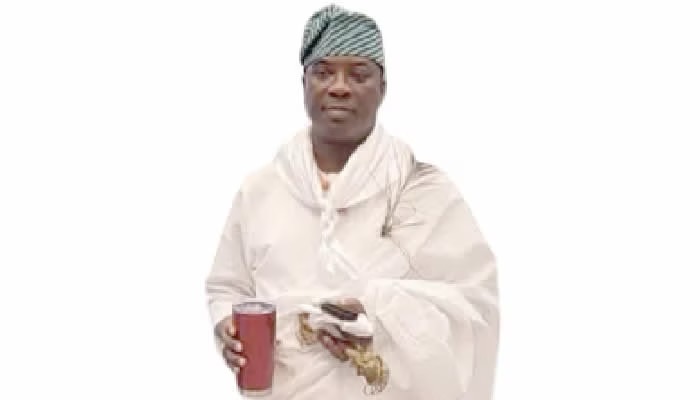In the vibrant landscape of Nigerian entertainment, few expressions have gained rapid popularity like “ganusi,” a term recently popularized by Fuji music icon, Wasiu Ayinde, also known as K1 de Ultimate. The phrase emerged during discussions surrounding his late mother’s burial, where K1 used “ganusi” in reference to certain Islamic clerics, known as alfas. Many interpreted this remark as suggesting that some alfas attend such ceremonies primarily for financial gain.
The comment sparked a wave of criticism from various alfas and Nigerians who felt that K1’s statement was derogatory towards Islamic clerics. Despite the backlash, K1 stood by his remark, asserting that he had done nothing wrong and saw no need to apologize.
Interestingly, the term “ganusi” quickly transcended the controversy, evolving into a viral catchphrase across social media platforms, parties, and everyday conversations. Recognizing its widespread appeal, K1 incorporated “ganusi” into a new song, which he has been performing at various events to the delight of his fans. Additionally, controversial singer Habeeb Okikiola, popularly known as Portable, known for turning trending topics into music, released a track titled “Ganusi,” further propelling the term into the limelight.
The phrase has been adopted in multiple contexts, often used humorously to describe situations where individuals are perceived to be seeking personal gain. For instance, one might hear someone say, “Let’s meet up after work tonight and go to a bar to ganusi,” implying going out to enjoy oneself, possibly at someone else’s expense. Social media platforms like X (formerly Twitter), Instagram, and TikTok have played significant roles in amplifying the term’s popularity, with users incorporating it into skits, dance videos, and challenges.
This phenomenon underscores the dynamic nature of Nigerian pop culture, where language, music, and humor intertwine to create shared experiences. It also highlights how expressions can emerge from unexpected situations and rapidly become ingrained in the social fabric, reflecting the nation’s unique approach to entertainment and communication.
